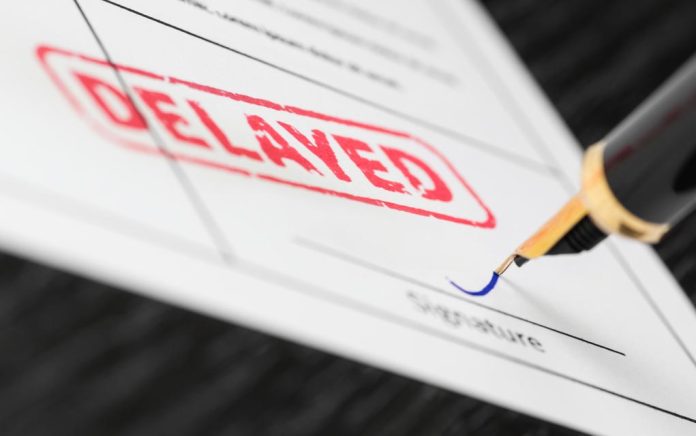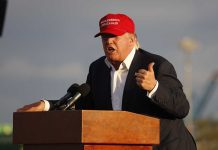
Senate Democrats employ tactical delays to slow Trump’s Cabinet confirmations, setting the stage for a prolonged political battle.
Top Takeaways
- Senate Republicans face Democratic delays in confirming Trump’s Cabinet picks
- Procedural maneuvers are being used to stall nominations, creating tension
- Democrats express concerns about nominee qualifications and impartiality
- The confirmation process may extend through the weekend
- Marco Rubio unanimously confirmed as Secretary of State
Democratic Delaying Tactics Frustrate Republicans
Senate Republicans are working diligently to confirm President Trump’s Cabinet and top administration picks, but they’re encountering significant resistance from Democrats. Senate Majority Leader John Thune has filed cloture on nominations for key positions including CIA director, Homeland Security Secretary, and Defense Secretary. However, Democrats are employing procedural maneuvers to stall these nominations, resulting in a tense atmosphere on the Senate floor.
Republican Sen. Tom Cotton, chairman of the Senate Intelligence Committee, expressed frustration with the delays, stating, “Now we’re not going to have a vote today, and apparently we’re not going to have a vote tomorrow, Which means I hope nobody’s making any plans for the weekend.” This sentiment highlights the potential for the confirmation process to result in significant delays.
Democrats Voice Concerns Over Nominees
Democratic senators are justifying their tactics by citing concerns about the qualifications and impartiality of some of Trump’s nominees. Sen. Chris Murphy specifically expressed reservations about John Ratcliffe’s ability to remain impartial as CIA director. Murphy defended the Democrats’ approach, saying, “If he’s got the votes, he can be on the job this weekend.”
“What this is really about is trying to drag out all of these nominations to play procedural games,” rebutted Cotton.
Cotton’s statement encapsulates the Republican perspective on the situation, suggesting that Democrats are more interested in political maneuvering than substantive debate. This accusation highlights the strong partisan divide in the confirmation process.
Schumer’s Stance and Rubio’s Confirmation
Senate Minority Leader Chuck Schumer has stated that Democrats won’t oppose Trump’s nominees reflexively. However, he emphasized that there are legitimate concerns about the qualifications of some nominees that need to be addressed. This approach attempts to paint Democrats as reasonable as they balance their role as the opposition party with the responsibility to thoroughly vet Cabinet nominees.
However, in a bipartisan vote the Senate unanimously confirmed Marco Rubio as Secretary of State. This confirmation stands in stark contrast to the contentious proceedings surrounding other nominations.
Potential Weekend Work and Political Implications
The ongoing standoff between Republicans and Democrats could potentially extend the confirmation process into next week if Democrats don’t agree to expedite it. This prolonged process not only affects the personal schedules of senators but also delays the full staffing of key government positions.
The tactics employed by Senate Democrats in these confirmation hearings reflect a broader political strategy. By slowing down the process, they aim to maximize scrutiny of Trump’s nominees and potentially uncover information that could be politically damaging to the administration. However, this approach also risks being perceived as obstructionist by some voters, particularly those who support President Trump.
As the confirmation battles continue, both parties will need to navigate the fine line between rigorous vetting and political gamesmanship. The outcome of these proceedings will not only determine the composition of Trump’s Cabinet but also set the tone for future political interactions in Washington.






















